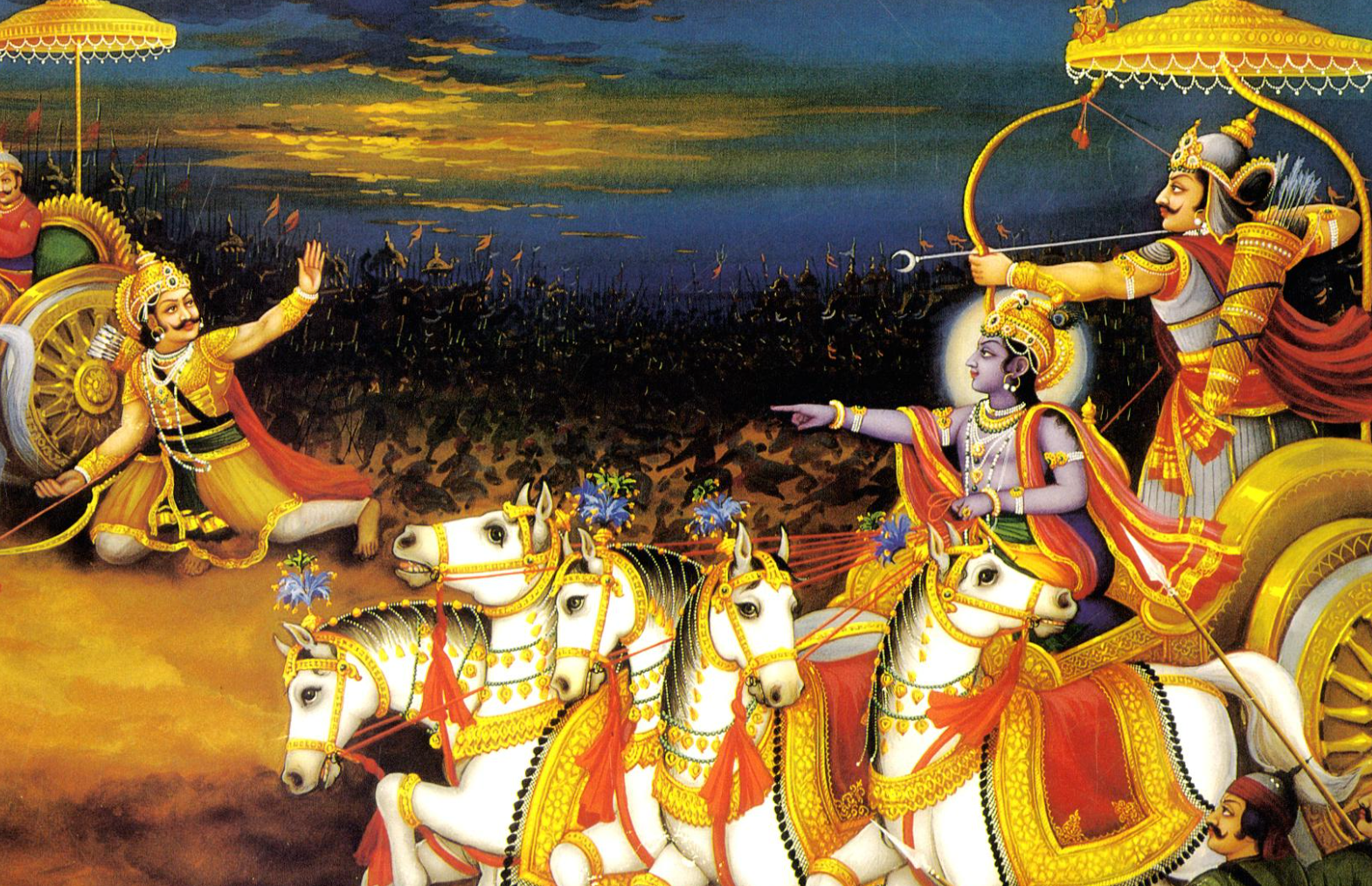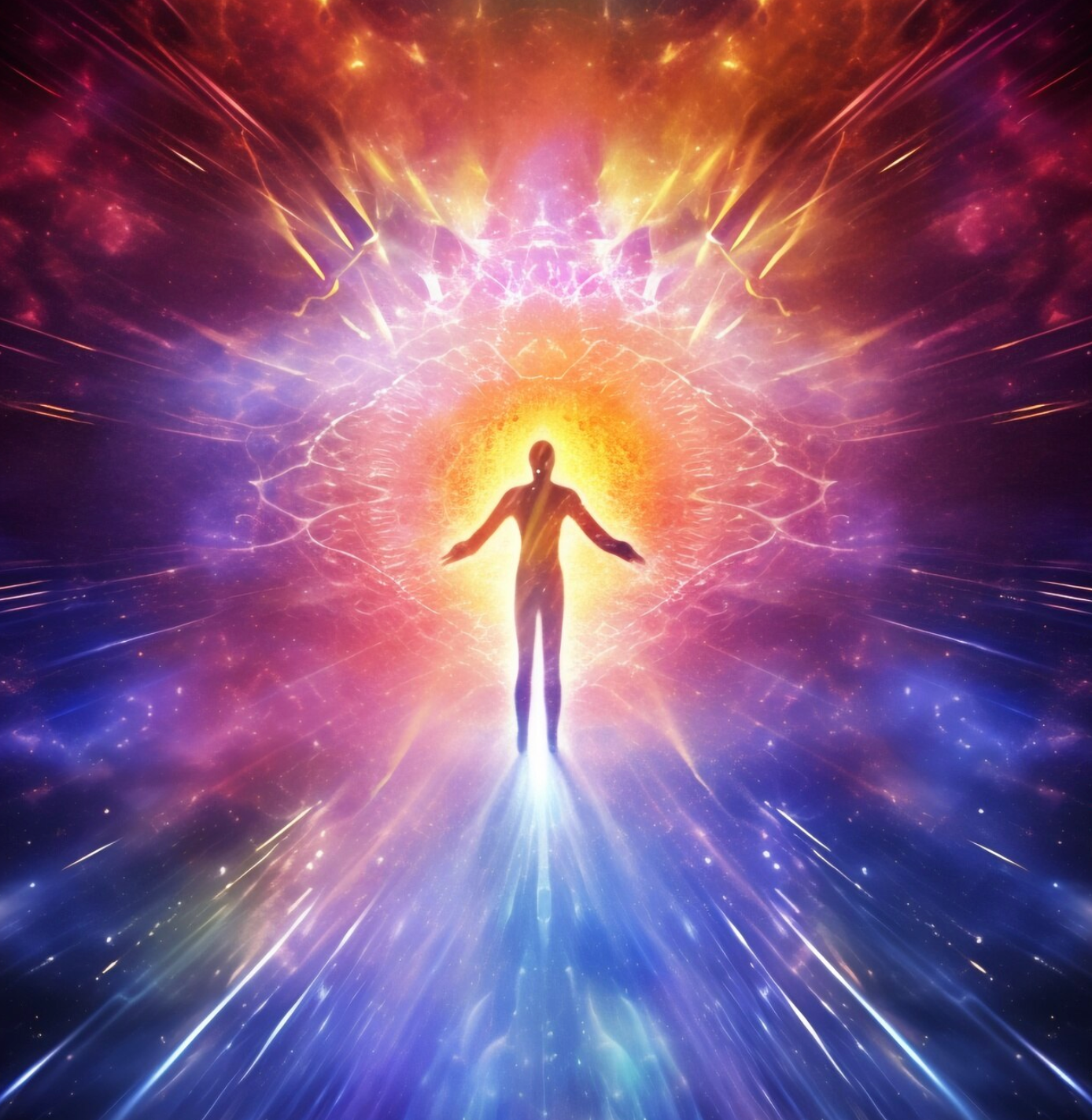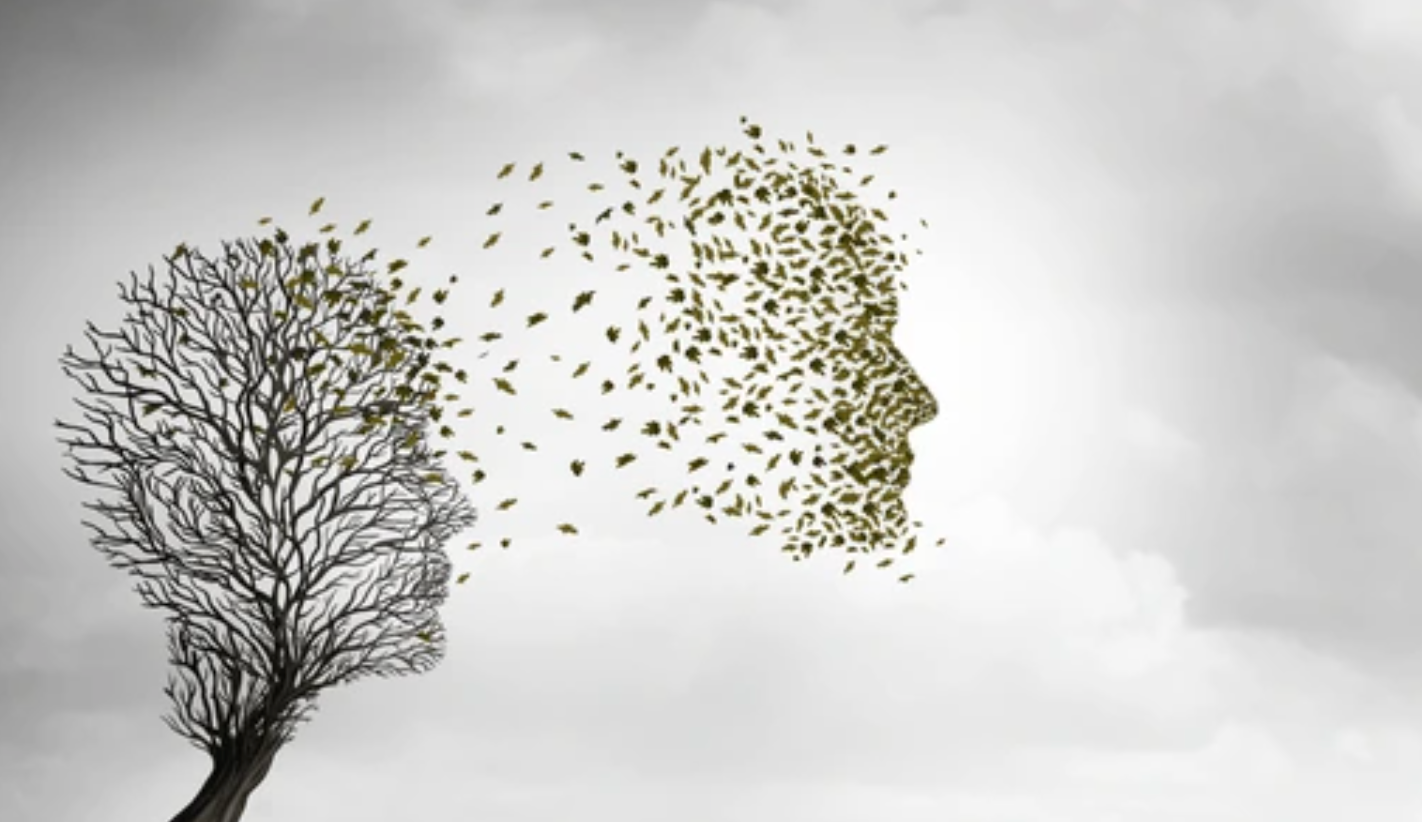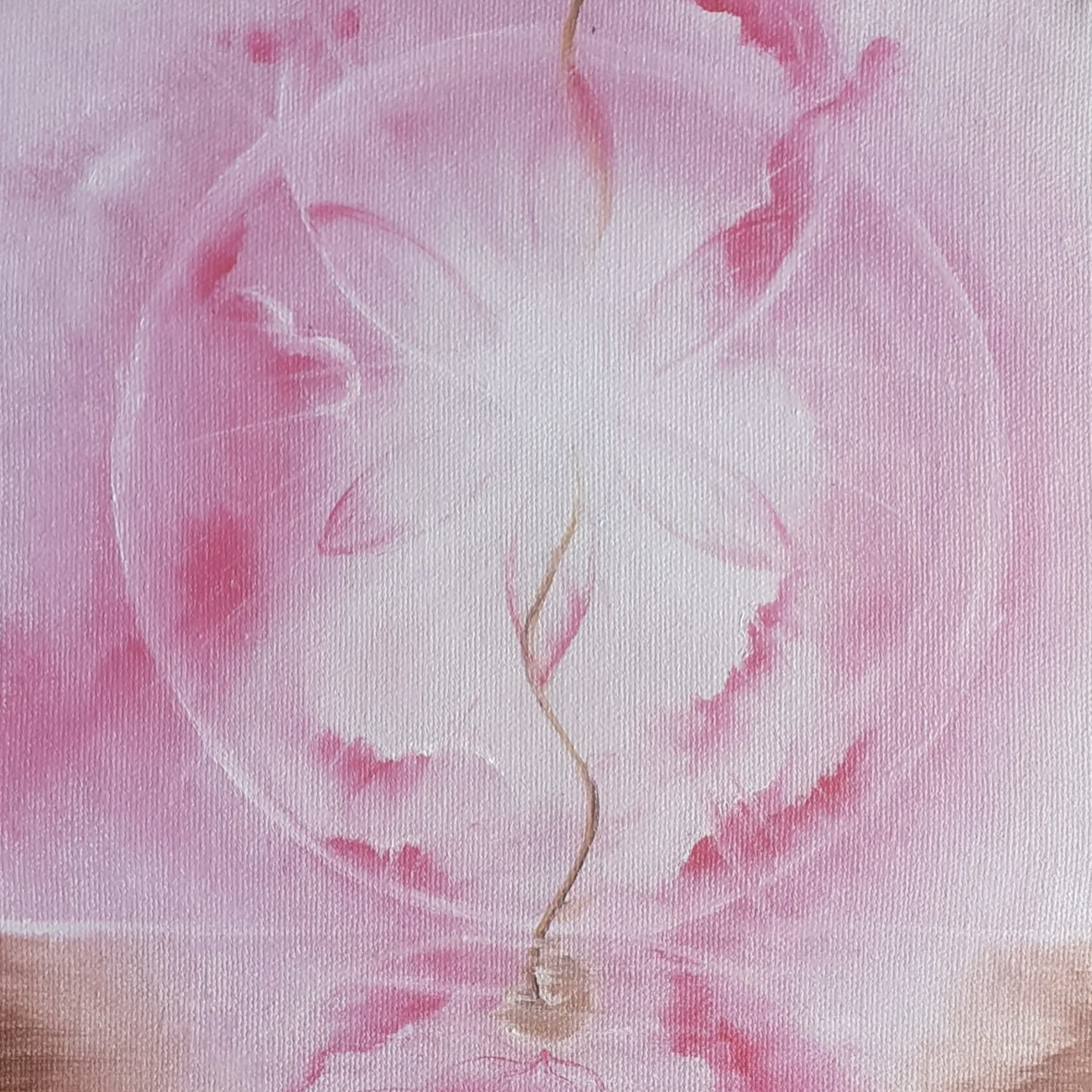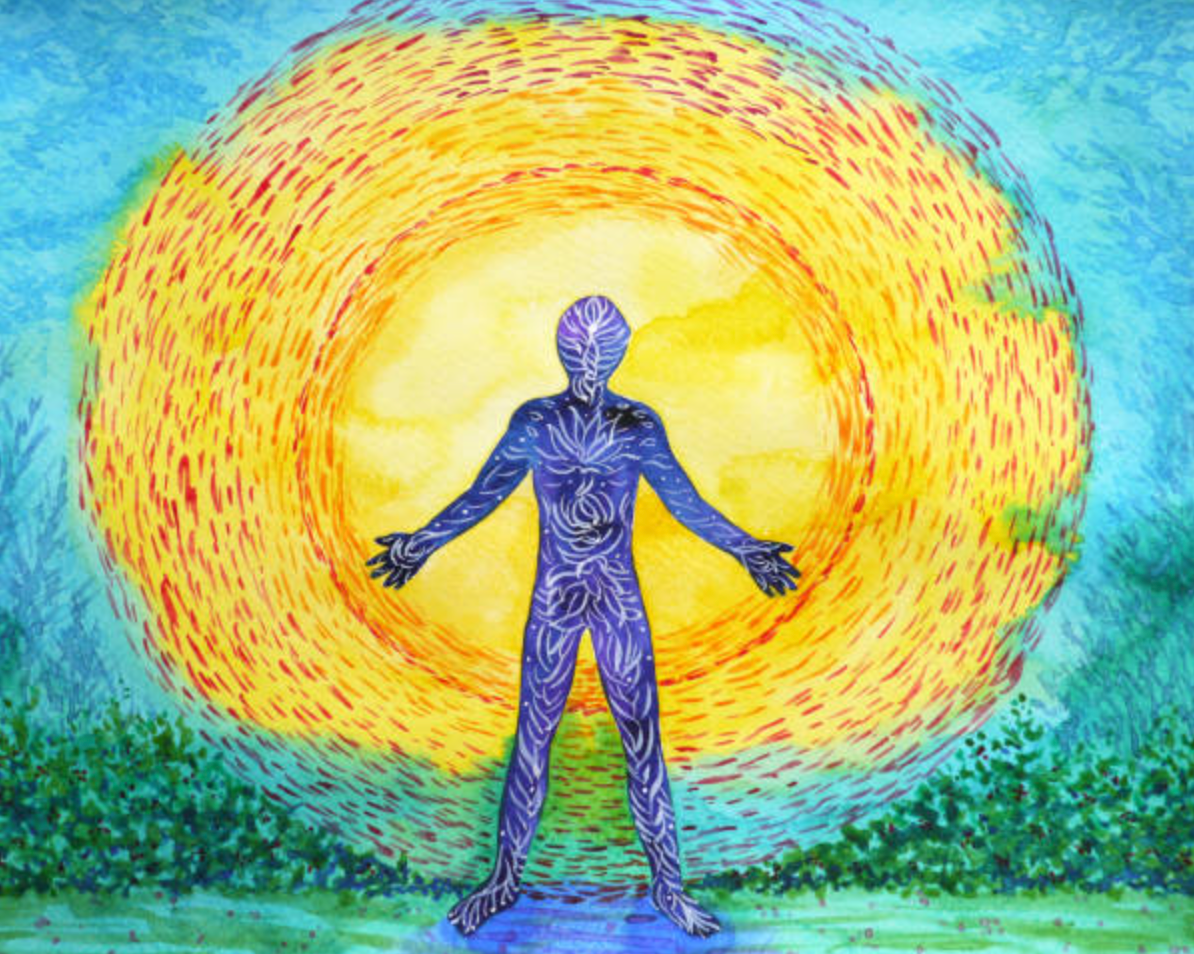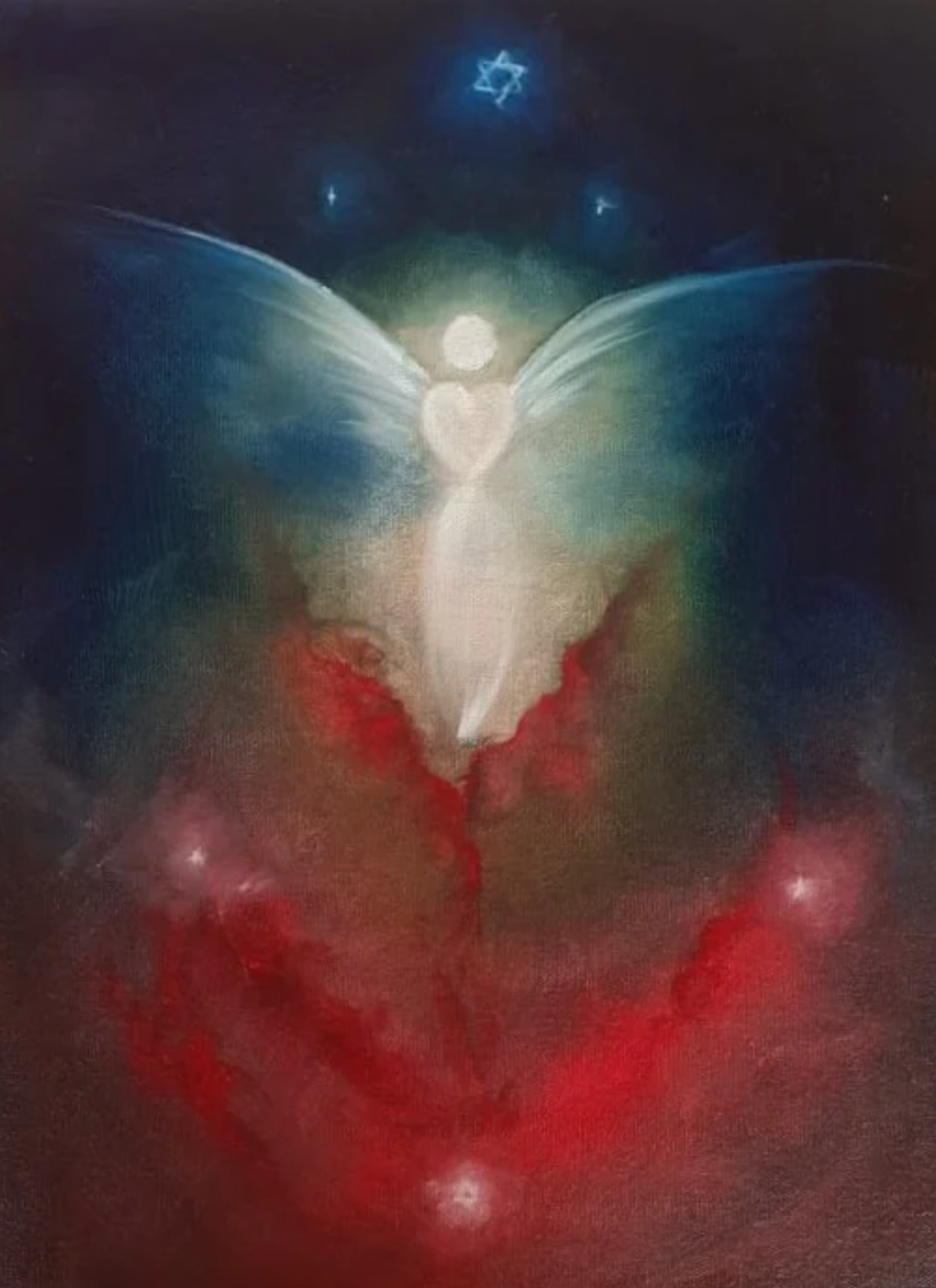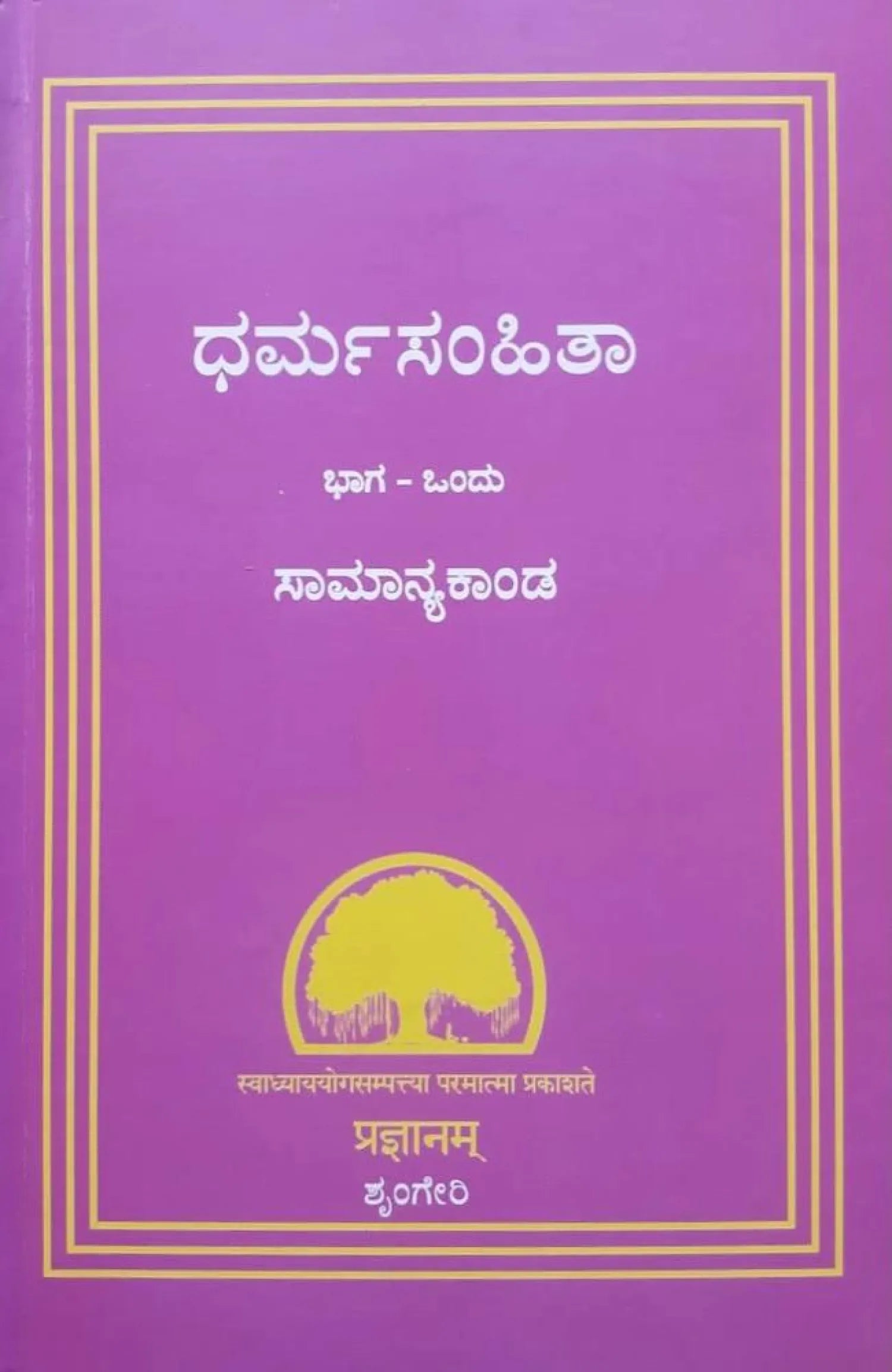Surrender - What is karma, freewill and fate
The concept of karma is presented very differently by various schools of philosophy. If karma is taken as the dynamic equation of cause and effect, then there are so many dynamic variables that influence this equation which one cannot know, hence the laws of karmas cannot be easily understood or interpreted. For example, the influence of intention, affirmations, curses and boons and so on and so forth. If karma is translated as actions then everything voluntary and involuntary from blinking to breathing is karma. The outcome of breath is life, the outcome of life is the occurrence of countless other karmas. Even this way, karma is difficult to know or interpret.
So let us only look at the fundamental nature of Karma.
Every action has a determined outcome. We may not always be able to see or predict the outcomes as there are so many factors that play a role in determining it. As you sow, so you reap is only the tip of the iceberg in understanding karma. The proverb is only indicative of the nature of “consequences” based on the intention behind actions.
The karma concept as we know has a cosmic dimension to itself.
This dimension is called “Ritam”. Ritam means the complete truth. The complete truth is always resting on the reality of cosmic laws; Dharma. For example, Ravana was Jaya, the ardent devotee of Vishnu, his gatekeeper in Vaikuntha. Who was cursed by Sanat Kumaras. The curse itself was to enable the avataras of Vishnu. Every avatara happens for a greater cause and then Jaya had a role to play in that cause. He was Hiranyaksha, Ravana and Shishupala too. He went through zillion karmas that were working in accordance with the higher causes. The devotee had to become the villain, had to sow things that he would reap and finally serve the higher purpose and return to his position in Vaikuntha. That is his total reality, complete truth. This complete truth is the basis for the word “Fate”.
Freewill is that component which can make alterations in the patterns of fate and present new courses of actions ( karma) within the bounds of Dharma. Often the distortion of mind with the “do what you wish or do as you please” is taken as freewill. This is nothing like freewill. “I am free to do what I want” is only a modification of the mind, it has no power to impact fate. This is neither freedom nor freewill. The root of this delusion is in the idea that we have been created with minds that think, feel, analyze and make choices. This way, the fact is, our will is not free but it is conditioned, it is also limited. :)
The choices we think we make are based on our limited knowledge and limited control.
Freewill is a higher intelligence of the soul, the ability to manifest what is thought of, God is called “Satya-sankalpa”. Whatever he designs/thinks/imagines, he can make it true. That is absolute freewill. He said “Let there be light…” and there was light. That kind of absolute freewill.
Among karma, fate and freewill, fate is the supreme truth; because, fate only represents absolute flow. Freewill is available only to higher order beings as they have have greater control over the flow. Karma is the mini-representation of fate and also the dynamically transforming component that is inevitable for us in the human level. (Why do humans 'feel' they have freewill? it's because it exists in higher levels and that pattern finds a place in our micro-cosmic system).
In our common lives, there are times that bring up divine inspirations which promote a sense of freewill, a feeling that ‘we can change situations’, freewill is always planted against what fate offers. It is like swimming against the tide. In a limited sense if the strength of the swimmer is strong enough then he sails past the currents of fate. If the inspiration is weak, fate washes away freewill.
The truth is that what is considered freewill by us, is also inspired by the divine order that governs all actions. In absolute reality there is no freewill, or it is an intrinsic aspect of fate itself. That is why the concept of surrender is endorsed to a seeker. Surrender does not mean to accept fate or give up freewill. Surrender is to become aware that we have no power greater than the divine order to control the outcome of actions.
This is what is explained as doing your duties without expecting its fruits in the concept of Karma Yoga. A karma yogi cultivates only intentions ( Such as collective good, in accordance with nature, refraining from any dark patterns / intentions), from the core of these intentions all the actions (Karma) spring forth. A karma yogi only spontaneously acts, does not ever react and does not try to control the outcomes. There is only pure existence and the idea of doership vanishes hence the responsibility of the results is not shouldered either. Thus the idea of Karma as one’s action vanishes and a higher concept of alignment with higher designs manifests.

